Rybnik’s Municipal Social Welfare Home uses AI to personalise senior care and predict health crises for better outcomes.
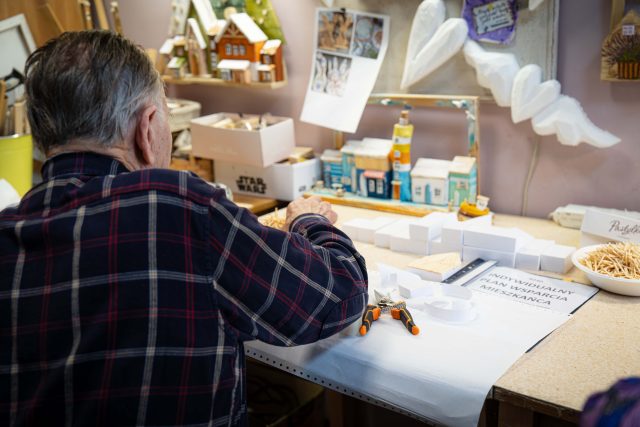

Rybnik’s Municipal Social Welfare Home uses AI to personalise senior care and predict health crises for better outcomes.
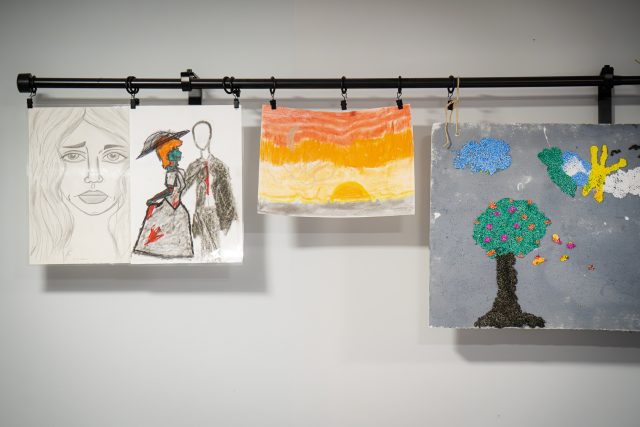
Facing a growing youth mental health crisis, Rybnik’s innovative support program is delivering accessible therapy—giving adolescents the support they need to heal, grow, and thrive.
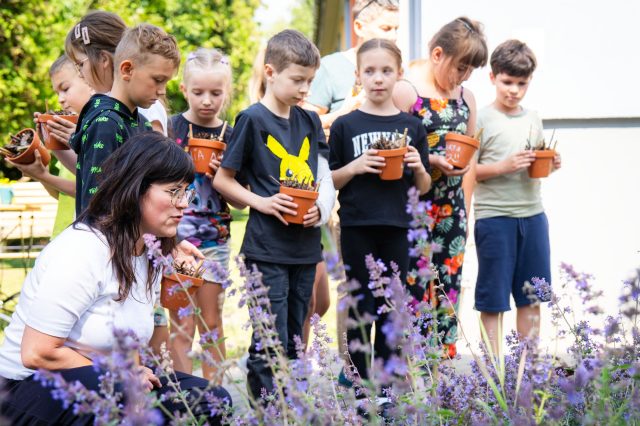
Rybnik’s school gardening programme uses hands-on environmental education to support Ukrainian refugee children, promote sustainability, and foster community cohesion.
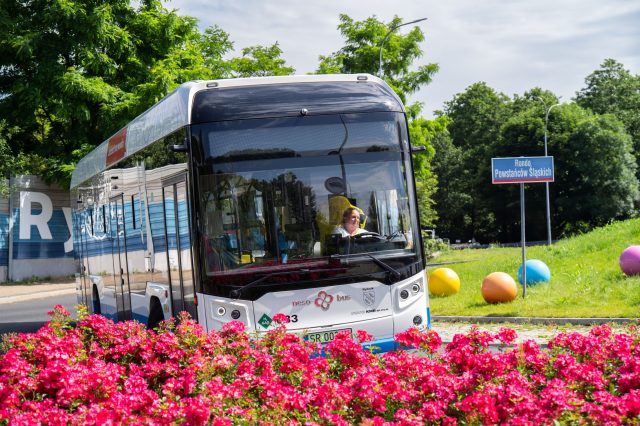
Rybnik is transforming from one of Europe’s most polluted coal-dependent cities into a clean energy leader through hydrogen technology and community-driven emissions reductions.
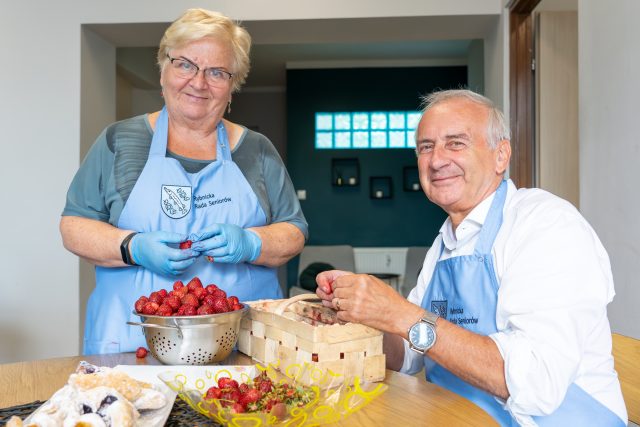
Rybnik’s circular economy project transforms food waste into social value, creating a comprehensive system that repurposes surplus food, supports vulnerable groups, and fosters sustainable consumption practices.
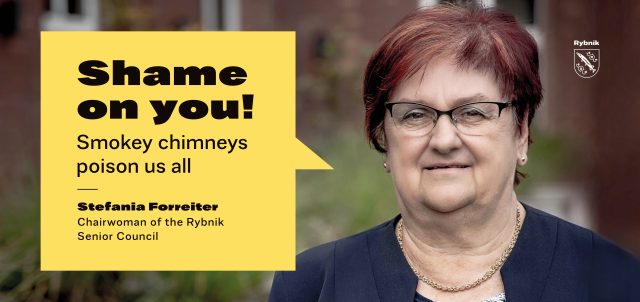
This Anti-Smog Campaign engages with local identity to transform attitudes on heat homes enabling a transition to cleaner energy sources and, consequently, cleaner air.
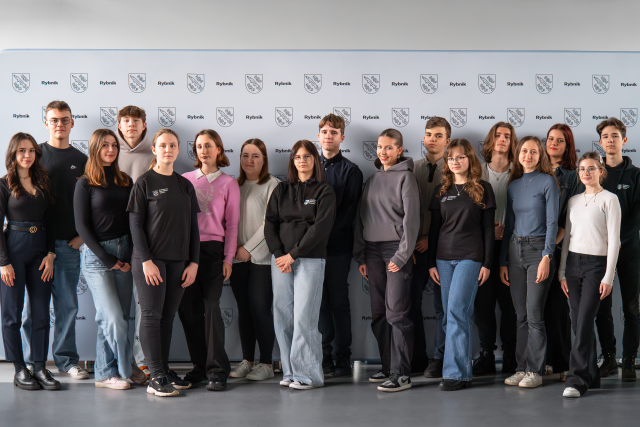
Youth Participatory Budgeting aims to support the development of ideas, engage students in selecting the most appropriate initiatives, and help young people learn how to make collective decisions in their school communities.
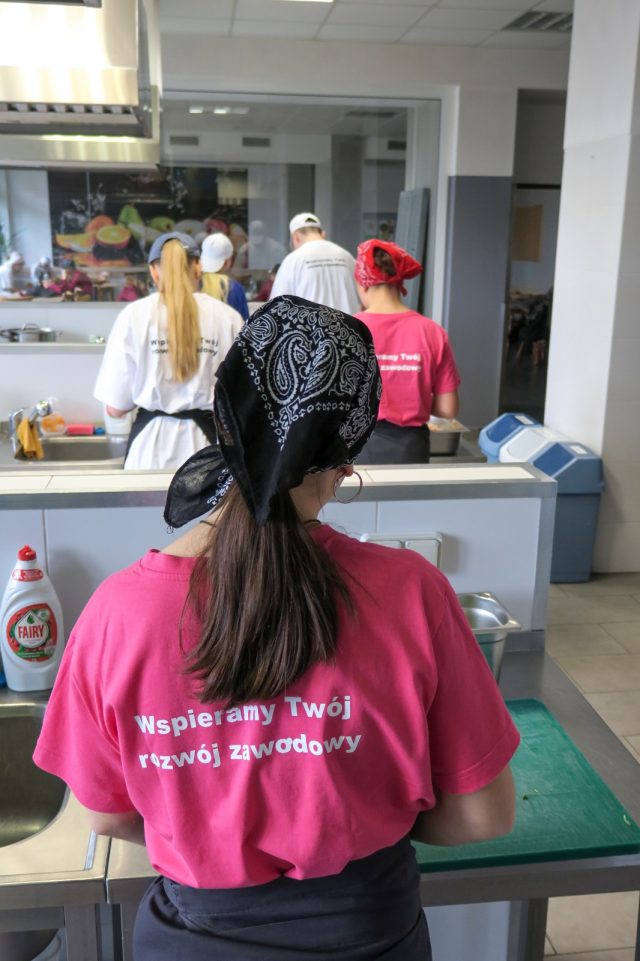
Fifty trainee chefs use surplus food from food stores to cook three-course meals for those in need, preventing food waste while feeding the hungry.
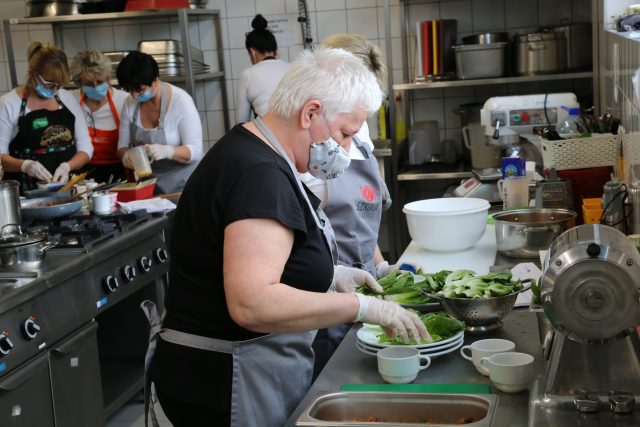
Rybnik takes an innovative and comprehensive new approach to public meal procurement, to ensure the food provided in its institutions is both healthy and sustainable.
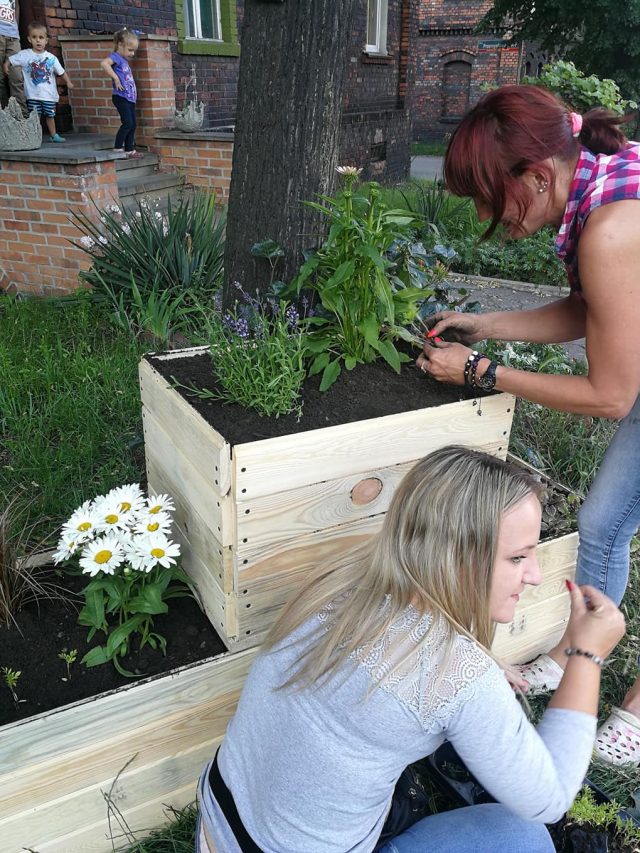
Rybnik sets a national example for civic improvement initiatives by adopting a participatory approach to the revitalisation of degraded areas.
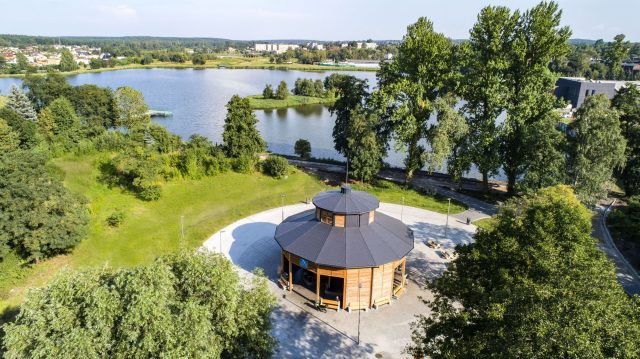
The City of Rybnik uses participatory budgeting to allocate funds to social projects voted on by residents, empowering citizens to shape the direction of their city’s development.